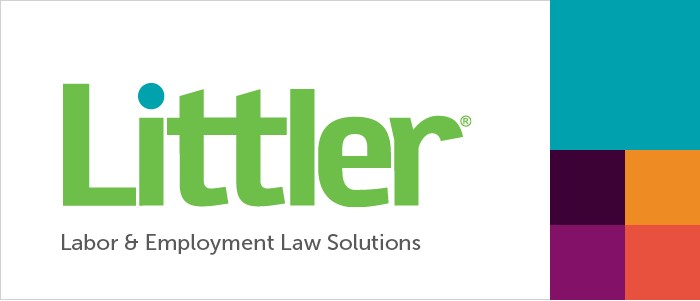
[author: Tina Reissmann]*
Amendment to Working Environment Act Encourages Employees to Speak Openly
New Legislation Enacted
Author: Tina Reissmann, Partner – Labora Legal
As of July 1, 2018, the Danish Working Environment Act will permit the Danish Working Environment Authority to meet with employees outside the presence of their employer. This change will ensure that employees speak openly to the Authority, without fear of retaliation. The amendments are particularly concerned with protecting employees in cases dealing with the psychological working environment.
Danish Data Protection Act Ratified by Danish Parliament
New Legislation Enacted
Author: Tina Reissmann, Partner – Labora Legal
On May 18, 2018, the Danish Parliament (“Folketinget”) ratified the Danish Data Protection Act, thereby implementing the EU’s General Data Protection Regulation (GDPR) into Danish law. The Parliament enacted the legislation just before the May 25 GDPR compliance deadline. While the Act does not impact Danish employment law, it does compliment the GDPR, where it is needed.
New Rules on Subsidiary Occupation for Foreigners
New Legislation Enacted
Author: Tina Reissmann, Partner – Labora Legal
The Danish Parliament (“Folketinget”) ratified new rules on subsidiary occupation for foreigners in Denmark, which took effect on June 12, 2018. The new rules, however, only apply to certain specified occupations. Among those are Ph.D. students, who will not have access to a subsidiary occupation without needing a separate work permit, provided the work is within the same field as their studies.
High Court Finds Harassment Based on Previous Improper Communications
Precedential Decision by Judiciary or Regulatory Agency
Author: Tina Reissmann, Partner – Labora Legal
The High Court recently affirmed an employee’s dismissal resulting from improper communication with a colleague. The employee was dismissed after sexually harassing the colleague several times, including telling her that he wanted to sleep with her. The employee argued that the exchange between the two was appropriate, but the Court found that based on earlier communications between the two, the employee should have known that this was harassing behavior.
Liability for Breach of Loyalty Obligations Even Without a Restrictive Covenant
Precedential Decision by Judiciary or Regulatory Agency
Author: Tina Reissmann, Partner – Labora Legal
The Western High Court recently ordered an accountant to pay 30,000 DKK in damages to his former employer for breaching loyalty obligations. Shortly after resigning, the accountant emailed the employer’s customers offering them a better rate, causing the employer to lower its prices. While the accountant argued that he did not violate the Danish Act on Marketing, since he was not bound by a restrictive covenant, the Court found his actions to be a deliberate attempt to steal customers and ruled against him.
*Partner – Labora Legal